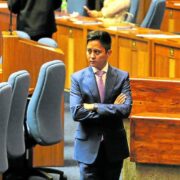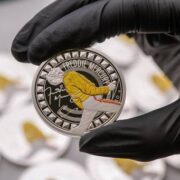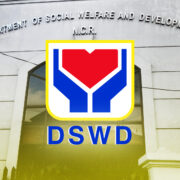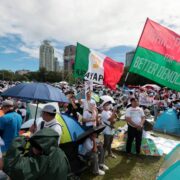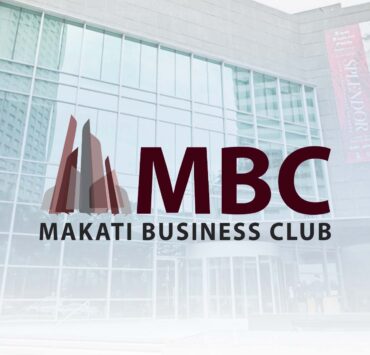Over $1 billion worth of PH agri goods spared from US tariff
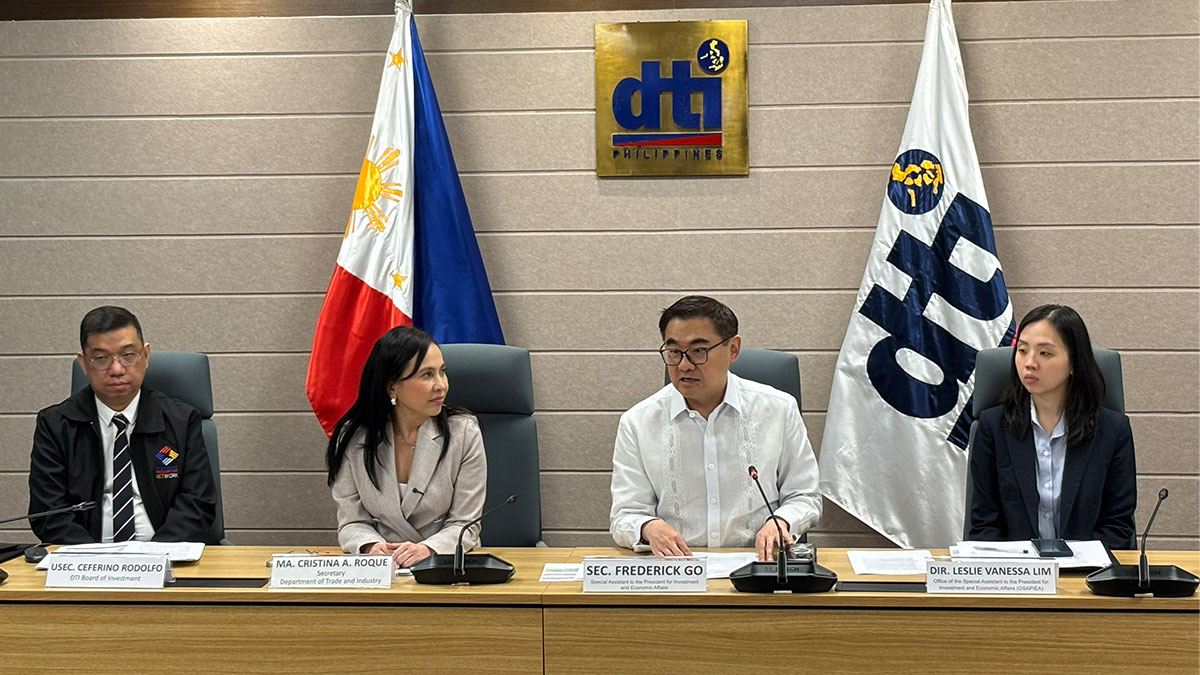
More than $1 billion worth of the Philippines’ agricultural exports to the United States are set to be spared from the 19-percent headline tariff, a development seen to provide a jolt to investment and a reprieve for exporters.
This comes after a Nov. 14 executive order from US President Donald Trump lifting the reciprocal tariff on certain agricultural products that cannot be produced in large quantities stateside, including coffee, cocoa, bananas, tomatoes and beef.
With the development, nearly half of the Philippines’ exports to the United States will now be tariff-free, according to Board of Investments Undersecretary Ceferino Rodolfo, citing data from the United Nations Commodity Trade Statistics.
This equates to $6.8 billion worth of Philippine exports—including electronics—that will now be tariff-free.
The country’s total exports to the US amounted to $14.5 billion in 2024.
Goods that are part of the latest exemption include coconut, fruit juices, processed pineapples, desiccated coconuts, bananas, frozen tuna fillets, rice wafer products, confectionery products, and dried guavas, mangoes and mangosteen.
Coconuts, the Philippines’ top agricultural export to the US, account for 60 percent of the $1 billion in agricultural products exempt from tariffs.
Good news
While the exemption took effect in all countries the US trades with, newly appointed Finance Secretary Frederick Go still described it as “good news.”
“Their exemption from the 19 percent tariff will enhance the competitiveness of our agricultural exports, and increase jobs, and strengthen supply chains. This is a significant win for Philippine agriculture and our exporting community,” Go said in a press conference on Tuesday.
However, Go noted that the impact of the exemptions may not be felt immediately.
“Definitely, this will be a boost to our agricultural exports, but I don’t think the effects of this are also instant,” he said. “I think agriculture, by its very nature, also needs more gestation, more planning, more logistical play.”
Trade Secretary Cristina Roque said the reprieve will benefit not only exporters but also local producers.
“This decision to expand tariff exemptions for a wide range of key Philippine agricultural products provides important relief for our exporters and reinforces the strength of our trade relationship,” Roque said.
“These industries sustain thousands of Filipino farmers, MSMEs, and rural workers, and this decision offers not only immediate relief but also renewed confidence and stability,” she added.
Talks not done
Go said the exemption does not mark the end of the Philippines’ tariff negotiations with the US.
Other industries the government hopes to lobby for a levy exemption include garments, travel accessories, furniture and leather goods, he said.
Go noted that the majority of electrical products, which account for 53 percent of the Philippines’ exports to the US, have already been exempted from the tariff.
These include semiconductors, whose shipments reached $2.5 billion to $3 billion in 2024.
The US is the Philippines’ top export market and its third-largest trading partner, with total bilateral trade reaching $20.3 billion in 2024.









